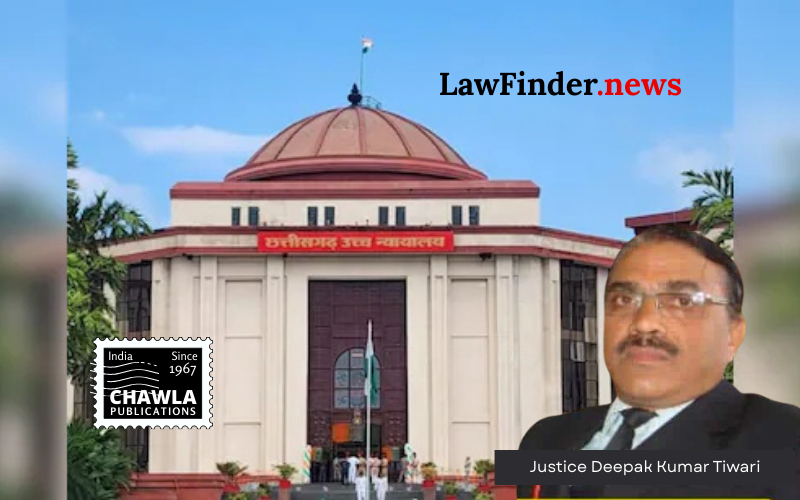Chhattisgarh High Court Upholds Acquittal in Cheque Dishonour Case Due to Lack of Proprietorship Proof Appellant's failure to establish firm ownership and proper service of notice leads to dismissal of appeal
In a significant judgment, the Chhattisgarh High Court has upheld the acquittal of Ramkhilawan Sahu in a cheque dishonour case, reinforcing the necessity of proving firm proprietorship and proper notice service. The appellant, Shri Sai Agro Tractor Dealer Kamlesh Singh, failed to substantiate his claim as the proprietor of the firm, which was pivotal in the court's decision.
The case originated from a complaint filed by Kamlesh Singh, alleging that Sahu purchased a tractor and accessories worth Rs. 7,27,160 from his firm. A cheque for Rs. 2,75,000 issued by Sahu was dishonoured, leading Singh to send a legal notice demanding payment. However, the Sessions Judge, Kabirdham, overturned the initial conviction by the Judicial Magistrate First Class, citing insufficient evidence of Singh's firm ownership and inadequate proof of notice service.
Justice Deepak Kumar Tiwari, presiding over the appeal, emphasized the legal requirement for complainants to demonstrate proprietorship with documentary evidence. Mere statements were deemed insufficient, referencing the Supreme Court's stance in Milind Shripad Chandurkar v. Kalim M. Khan, which mandates substantial proof for claims of firm ownership.
Furthermore, the judgment highlighted the presumption of notice service under Section 27 of the General Clauses Act, stressing that effective service is essential for legal proceedings under the Negotiable Instruments Act. The court noted that despite submitting a postal receipt, Singh did not adequately prove the notice's delivery to Sahu.
The judgment reiterates the principle that appellate courts should avoid overturning acquittals unless compelling reasons exist, particularly when multiple interpretations are possible. This case underscores the importance of thorough documentary evidence and procedural compliance in legal disputes involving cheque dishonour.
Bottom Line:
Acquittal in cheque dishonour case upheld due to lack of proof regarding the complainant's proprietorship of the firm and failure to establish nexus with the firm. Mere statement without documentary evidence is insufficient.
Statutory provision(s): Negotiable Instruments Act, 1881 - Section 138, General Clauses Act - Section 27




